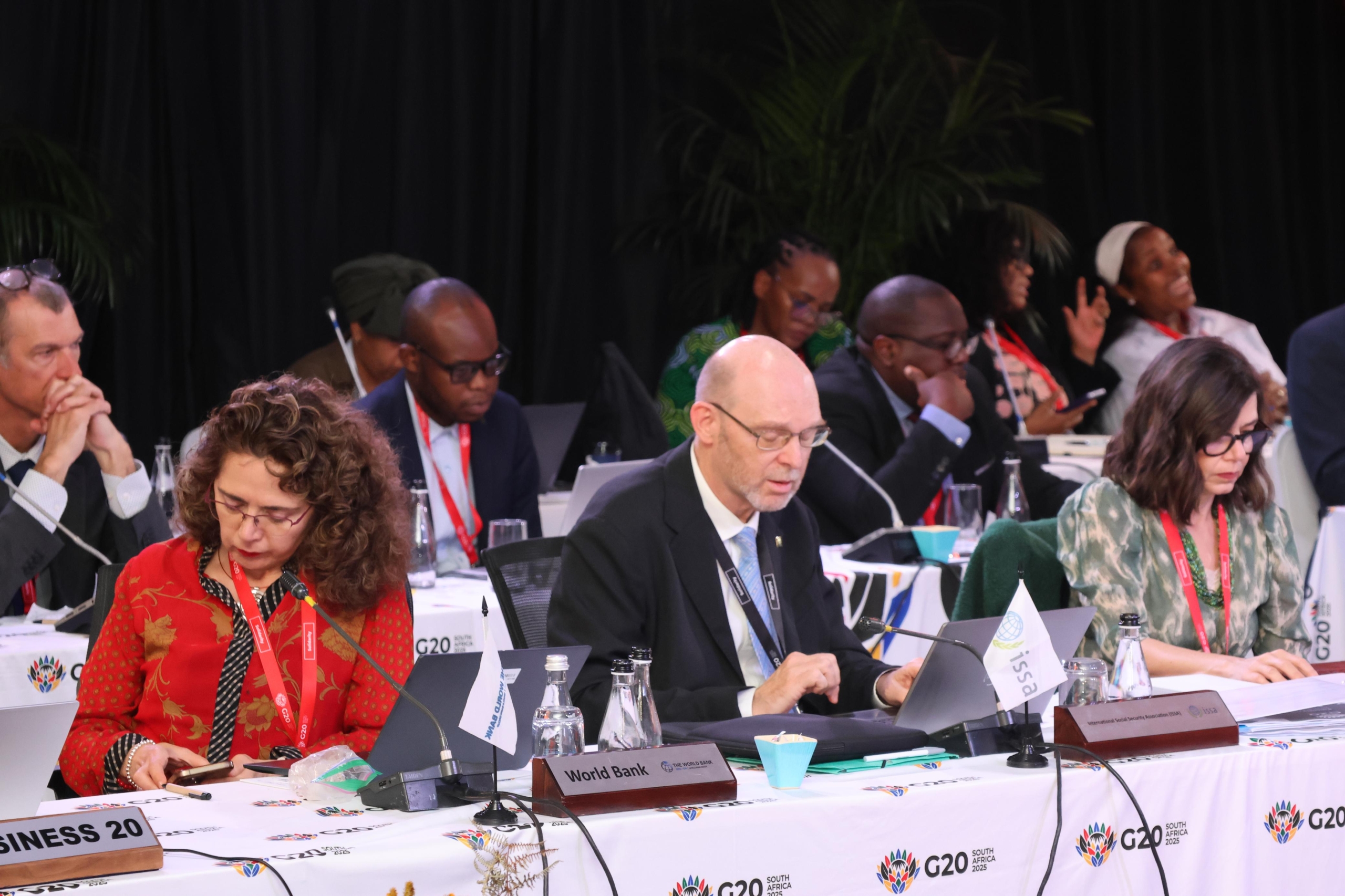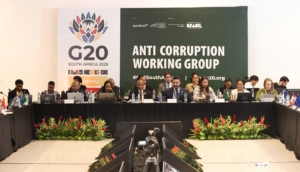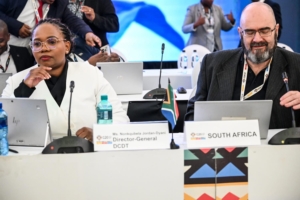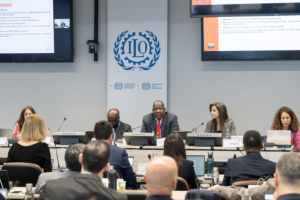The Second G20 Employment Working Group advances key priorities
The Second Group of 20 (G20) Employment Working Group (EWG) meeting, convened from 8 to 11 April 2025 in Umhlanga, KwaZulu-Natal, advanced key priorities under the theme: Living and Working in an Unequal World: Ensuring Decent Work and Decent Lives. Building on the foundational discussions of the first EWG session in Gqeberha (18 to 21 February 2025), the meeting honed in on two interlinked priorities: advancing gender equality in the workforce (Priority 2) and addressing inequality driven by a declining labour income share (Priority 3).
These themes resonated strongly during the opening session, where the KwaZulu-Natal Premier spotlighted wage disparities and systemic discrimination against women, calling for skills development and transformative policy action. Echoing these sentiments, the Minister of Employment and Labour underscored the urgency of closing the gender and youth employment gaps, emphasising the need for just and dignified employment policies amid rising global economic uncertainty. These priorities were further reinforced by contributions from the G20 Troika and social partners, reflecting a strong spirit of multilateral collaboration. This convergence of voices signalled an emerging consensus on the imperative for equitable labour market interventions in an increasingly polarised global economy.
Summary of the Key Outcomes:
- Build up on Gqeberha: The meeting advanced gender equality in the workforce (Priority 2) and inequality from declining labour income share (Priority 3), building on four priorities established at the first EWG session in Gqeberha (February 2025).
- Youth Employment Target Progress: Broad support for the revised Nelson Mandela Bay G20 Youth Employment Target, with further refinement planned before the Third EWG Meeting in Geneva (May 2025), despite delayed endorsement from a few members.
- Labour Income Share and Inequality: The meeting addressed the declining labour income share, emphasising the need to tackle it through collective bargaining, formalisation of informal work, living wages and improved social protection systems.
- Gender Equality and Workforce Inclusion: Renewed commitment to address structural barriers to women’s economic participation, with support for pay transparency, investment in care infrastructure, and gender-responsive digital and green transition strategies.
- Proposal of the Brisbane-eThekwini Target on Reducing the Labour Force Participation Gap between Men and Women by 2035 (Brisbane-eThekwini Target): South Africa proposed extending the 2014 Brisbane Goal to 2035, with mixed reactions from States; broad endorsement in principle but differing views on ambition, data sources and national adaptation.
- Alignment across G20 Structures: Enhanced coordination between the EWG, Task Force 1 and the G20 Empowerment of Women Working Group (EWWG) to ensure synergies.
The third G20 EWG meeting will consolidate the discussion on the four priorities and prepare for the Ministerial meeting, which is scheduled to take place in Geneva from 29 to 30 May 2025.






